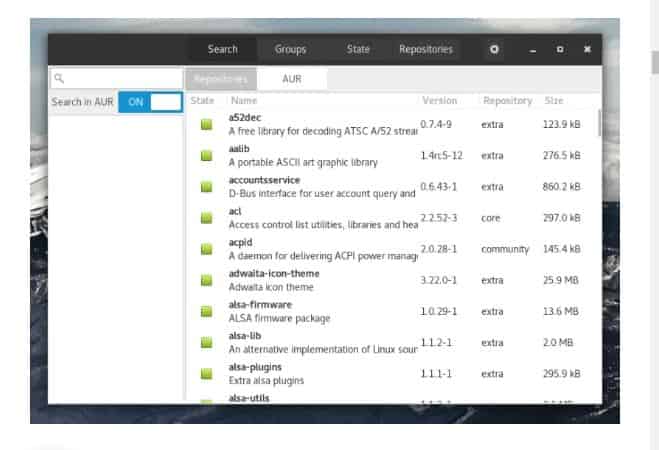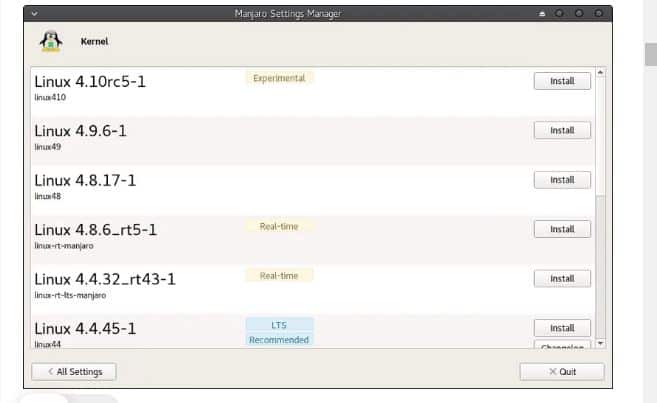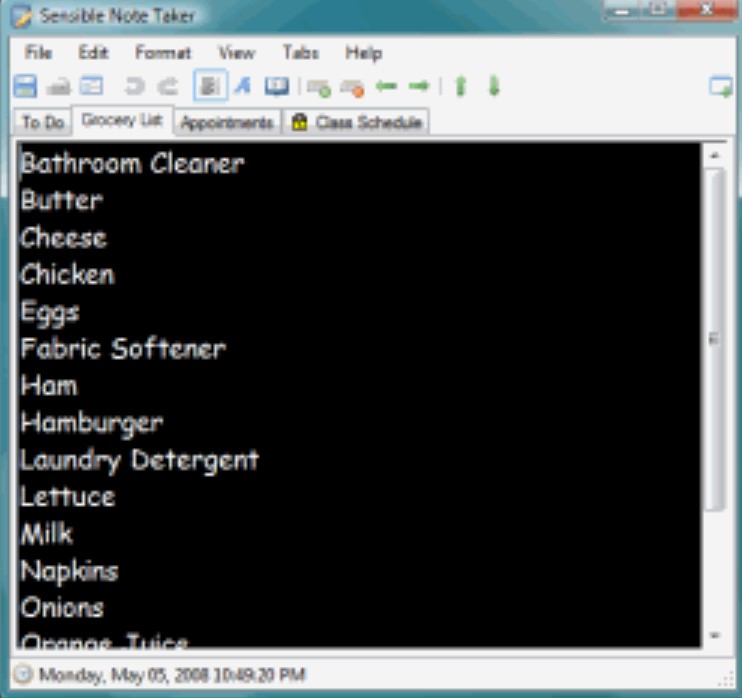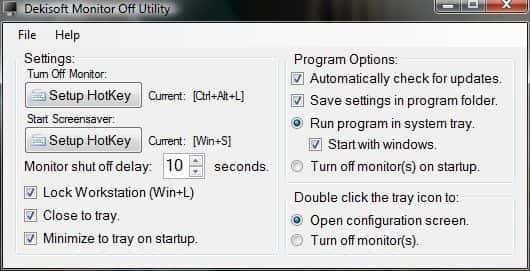
All who have used Linux must have heard about big names such as Ubuntu, Debian, Arch and Mint. Very few know about the smaller ones like Manjaro or Gentoo. Such people do not know what they are missing. This post compares these two together and talks about what they each have to offer and which you should choose! It is simple.
For many years we have tried distros like Ubuntu flavors, Linux Mint, Fedora, OpenSUSE as well as Debian. We installed Manjaro some five years back and haven’t looked back since then.
Manjaroo Linux vs Gentoo Compared – What You Need To Know
Manjaroo Features
It’s like Arch Linux
It is one of the few distros which is not at all based on Ubuntu, in spite, it is built on Arch Linux. It is seemed to be a good distro but if you want to install it then you need to do a lot of hard work. You need to start off with a base system and then set everything up all by yourself. It can be quiet if you want to give it a spin or a new one to Linux.
There is no wonder many jokes around its installation like:
It takes all the hassle out of getting it. Like many others, you only need to download the ISO files, then write it to a thumb drive and install it. Calamares’ installer provides you with a smooth experience that is similar to Ubuntu’s Ubiquity Installer.
Also Read: Is Debian better than Ubuntu? (Here is why).
Personal Package Archive
Before switching to it, we used both Lubuntu and Linux Mint. The only thing that bugged us was dealing with PPAs (Personal Package Archive). This is a repo for a single app or small group of apps. For all those who do not know allow us to do so.
Now, every time we need to install a piece of software that was not in the official Ubuntu repos, we had to link a new one to our system through the terminal. Once it got linked, we run sudo apt-get update and it was then available for installation.
Adding this does not take much time, though it is a big pain. When we upgraded from one version to another it took a lot of time to get it switched over. If you use too many of these, then it can quickly become a rat’s nest.
Then we have the security aspect. Many times, people have gotten hold of old and unused PPAs and used them to push out malware.
Since it uses Arch as a base despite Ubuntu, it does not support PPAs. Instead, the user has access to the Arch User Repository.
Hardware Support
When installing Linux, it can be difficult to get all the hardware working. When you get it, what it does is scan the system and install the required drivers. On one of our systems, we have an old Broadcom wireless card. Each time we install a new distro we have to go through some extra steps to get it working. When we install it, it works out of the box.
Release Cycles
One of the issues that such users often have is that it is a rolling release, a new package shall be released and it shall break their system. The team works hard to avoid that by testing new packages before making them available for the users. While this may make it slightly less than the bleeding edge, it also ensures you get new packages sooner than distros with scheduled releases such as Fedora and Ubuntu. This makes it a good choice to be a production machine as there is a reduced risk of downtime.
Software Selection
Just it does not have PPAs, do not think that it lacks in software. The team manages a large software repository. Moreover, its users also have access to the repository. AUR is made up of scripts created by users to install apps that are not packaged for it. Few apps in this were packaged originally for Ubuntu or are pulled from GitHub directly. The scripts are then modified with .deb files so they can be installed on it.
There are some downsides of using it, at times the dependencies needed by and AUR packages have a conflict with something that is installed already. Users can also run into packages that are broken and out of date. But we have encountered a few problems so far.
Also Read: Manjaro and Ubuntu Compared: Which Should You Pick?
Online Forums and Help
There are many distro communities that are known for not being too noob-friendly. The same is true for this. An original forum is a good place for new users to find help. They also have forums that are there in more than 29 languages for all those who can’t speak English.
Kernel Choices
To switch this on most distros, you need to use some terminal wizardry. It carries a little app that allows users to install as many Kernels as they want. This is quite easy if you have an older laptop like a new Kernel. We have an HP laptop that slows down when we use one newer than 4.4. and switching them just some clicks away.
It comes with its very own tools which help to configure a system the way we like and want without searching for scattered settings across the entire system looking for things there on the internet. All you need to do is open the control panel, open the tool and select what you want to.
Gentoo Features

Do you ever feel the adrenaline rush by being on the bleeding edge of computing or programming? Is your dream experience filled with images that you customize each aspect of the OS? If yes then this is the IS that is ideal for you.
It is a freemium and open-source OS with which users can compile source code depending on the selected configurations. This is a feature that improves the efficiency of the system as the system is not overburdened with unnecessary programs, and executable programs are optimized to suit the exact needs of the user. However, due to the long hours required to compile source codes, this one is unsuitable for programming greenhorns.
Still, it is a versatile OS that offers great yet numerous benefits.
A programmers paradise
This Operating System provides many documentation pages which are bound to appeal to the Linux programmer within the user. Different compiler flags spruce up the entire programming experience moderate the compilation process. Moreover, building up packages in this are quite easy to complete are they are shell scripts.
Optimization Tools
Though it is being developed from the source distribution, it allows all its users to specify compiler programs during the compilation process of source code. The user is allowed to specify the features and models of the CPU on which the code shall run on. By specifying specific CPU components such as the kind of processor, it can generate tailored processor codes which result in a better and faster performance of the machine.
Also Read: How To Choose the Best Ubuntu Version.
Administer Multiple Machines at once
This is one of the best OS that complexes IT structure management and is also a dynamic yet versatile operating system that carries different source codes which can enable system administrators to compile codes for any network problem that may arise. It also allows all the users to create their very own customized packages or tweak the ones that exist to suit their operating environment.
The modern Operating System carries specific disadvantages when it comes to developing toolkits or applications which are not featured in the distribution. The user is forced to form its codes from scratch, which can be challenging. Another challenge arises when a new version or updates kit is there but was not included in the prepackaged operating system.
On the other hand, it is a versatile distribution as getting new kits and packages only involves downloading source codes and then compiling them. Moreover, the application is optimized to meet all the system requirements.
Security at the core
An excellent way to secure your system firewalls. It allows all the users to create a dynamic script which is essential when improving network security and the rate of system responsiveness. Scripts can be generated when making rapid and complex modifications in your firewall protocols.
Also Read: Parrot OS vs Kali Linux – Which is best for Penetration Testing?
Final Verdict on Manjaro vs Gentoo Linux
Do let us know which version you ended up going with at the end. Personally, I would choose Gentoo if I was more serious about development and coding. Manjaro is still fresh and new and the community forum and support aren’t as in-depth as we would like it to be.












